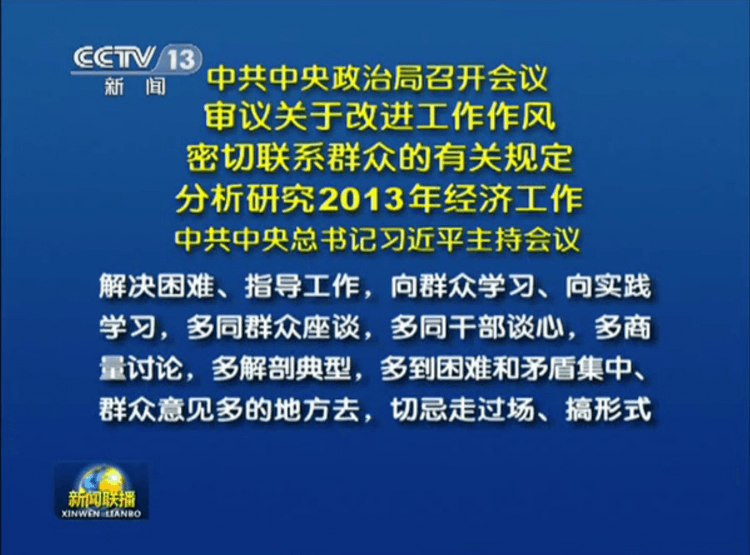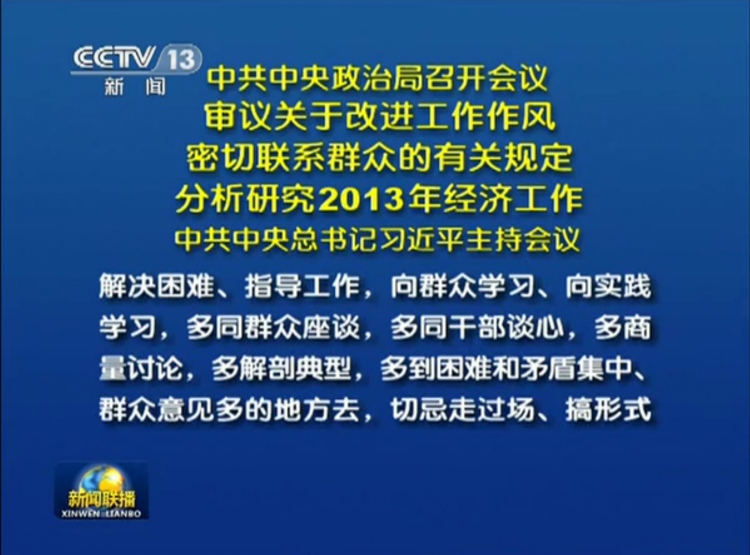The Chinese Communist Party says it’s considering a new internal guideline that would prevent the more ostentatious displays of privilege that are often enjoyed by cadres as they execute their duties and travel the land: masses of visitors to greet and send them off, flower bouquets, armed guards aplenty, banners crying their good works, meetings with sumptuous catering, and even red carpets. All that would be off the menu, officially, if the policy is adopted.
“The work style of leading cadres, especially high-level cadres, has an important impact on the atmosphere of the Party, the mood of the government, and even the general mood of society,” the report said, dispatched by state mouthpiece Xinhua and also on China Central Television, the Party’s on-air mouthpiece.
The guideline was brought up by new Communist Party chief Xi Jinping in a Dec. 4 meeting of the Politburo, a powerful 25-member body that sits under the Standing Committee and controls the country’s policies. Matters of Party “work style” are nowhere to be found in law, so the statements may best be understood as promises and guidelines.
The proposed guidelines are meant to “closely connect the Party with the masses,” and appear to be part of the new leader Xi’s campaign to rein in some of the Communist Party’s practices that infuriate the public.
Despite the stated purpose of cutting back on Party ritual and pomp, the instructions were still delivered in jargon-heavy communist dialect.
Eight items of “work style” would be targeted. Specifically, cadres should: reduce instances of closing off traffic for official autocades; have state media report meetings based on their “news value” rather than simply for the fact that they were held; “generally speaking” not publish books or write inscriptions on public monuments; and live in a “diligent and thrifty” manner with regard to vehicles, housing, and other aspects of life; they would also no longer send out substanceless work reports and presentations and when traveling abroad, not have exchange students come out to welcome them; travel lightly on official investigation and research trips, and not hold banquets; and not hold ribbon-cutting and groundbreaking ceremonies unless given approval.
The items were read off, one after another, for over eight minutes on CCTV—the text flashing onto the screen.
Communist Party leaders have previously given grave warnings about the danger of corruption to the Party, and the communists’ estrangement from “the masses” due to the privileges and powers that high-level cadres enjoy.
The Xinhua article says that cadres must “make a great effort to change their work style, and truly change the problem of the masses having strong reactions, and from start to finish maintain a relationship as close as blood with the masses.”
The “strong reactions” Xinhua referred to were not stated, but may be referring to the many instances of enormous street riots that take place around China, usually in response to perceived injustice or cruelty by Party officials or those connected with them.
According to Sun Liping, a sociology professor at Tsinghua University in Beijing, there were at least 180,000 mass incidents in 2010, though the number could be higher, and official statistics are no longer published.
Reporting and commentary about the proposed policy appeared to be repressed on Sina Weibo, a major microblogging platform in China. Some netizens thought the report indicated a change for the Party, while others were caustic.
Xi Jinping recently gave a speech titled: “Empty talk leads the country to err, while real action rejuvenates the nation.” A netizen from Chengdu played off that title, saying with regard to the recent news: “If there is no supervision over this promise, then it’s just empty talk. Whose the one that said it: Empty talk leads the country to err!”
Read the original Chinese article.
The Epoch Times publishes in 35 countries and in 19 languages. Subscribe to our e-newsletter.







